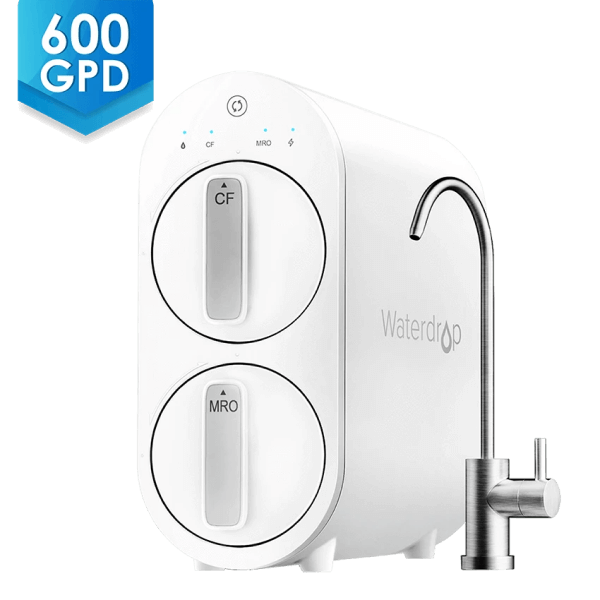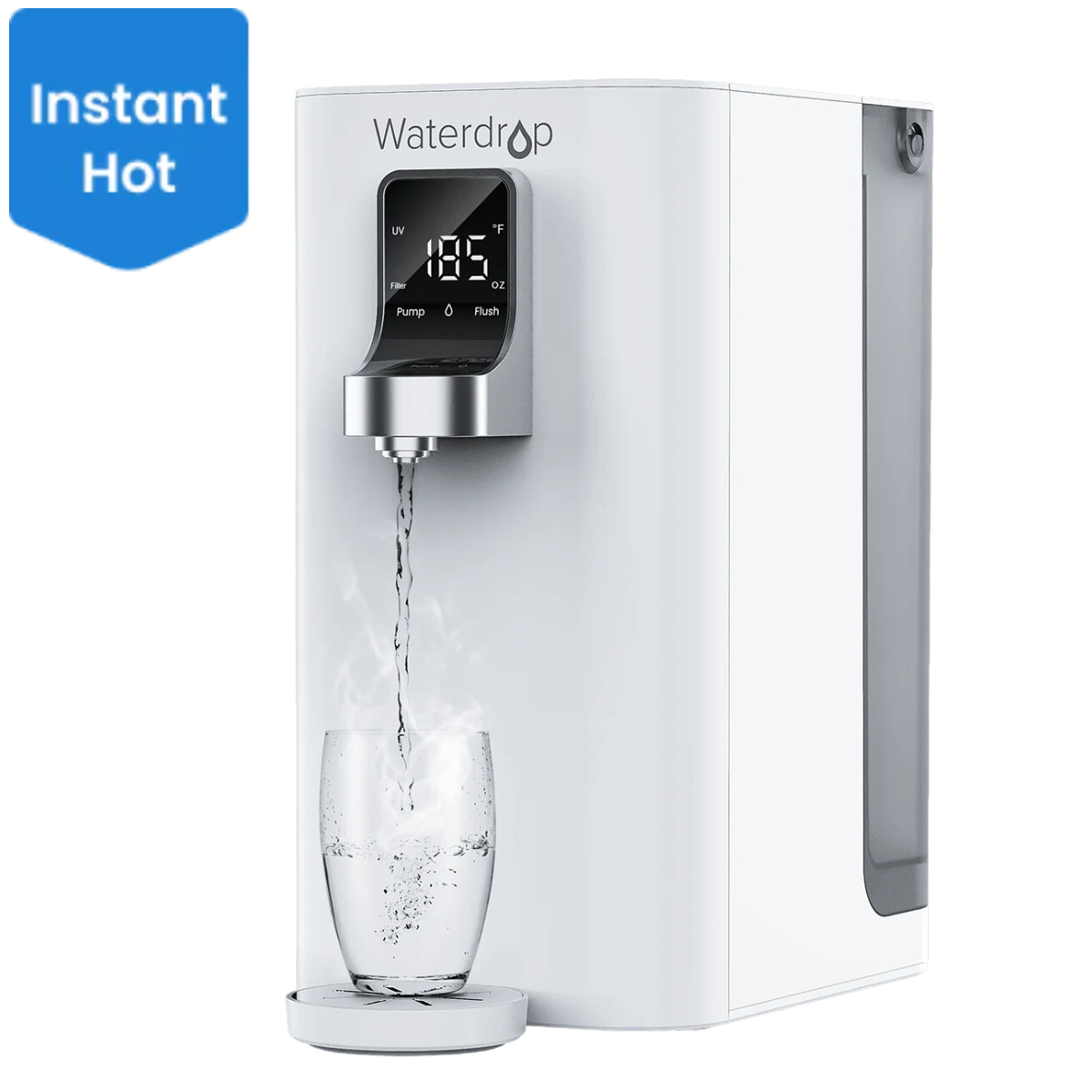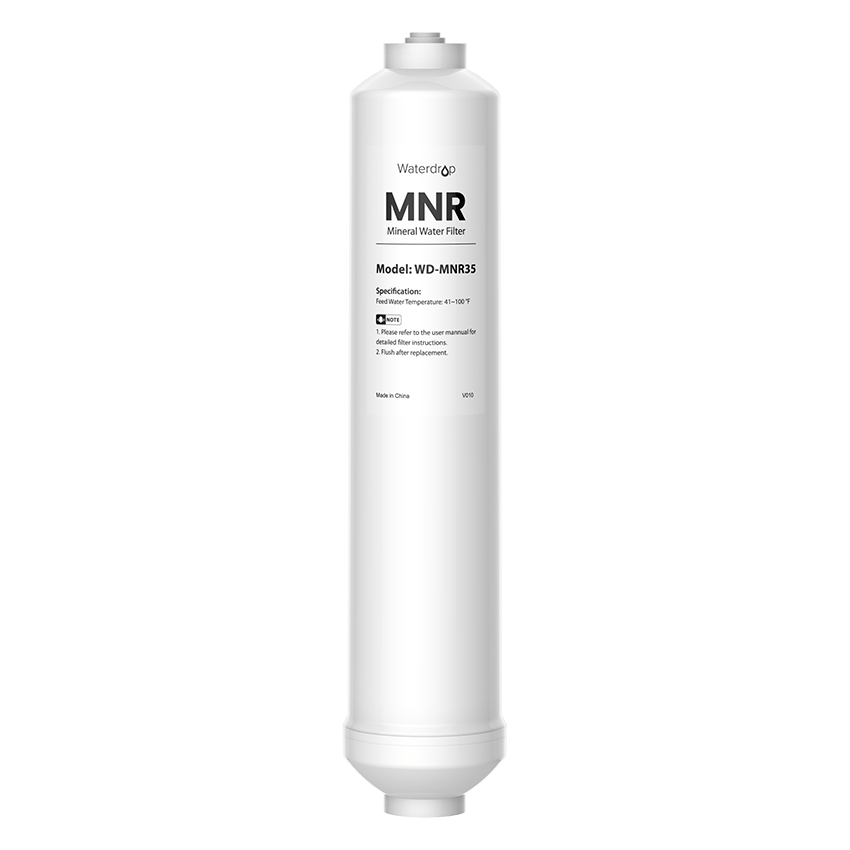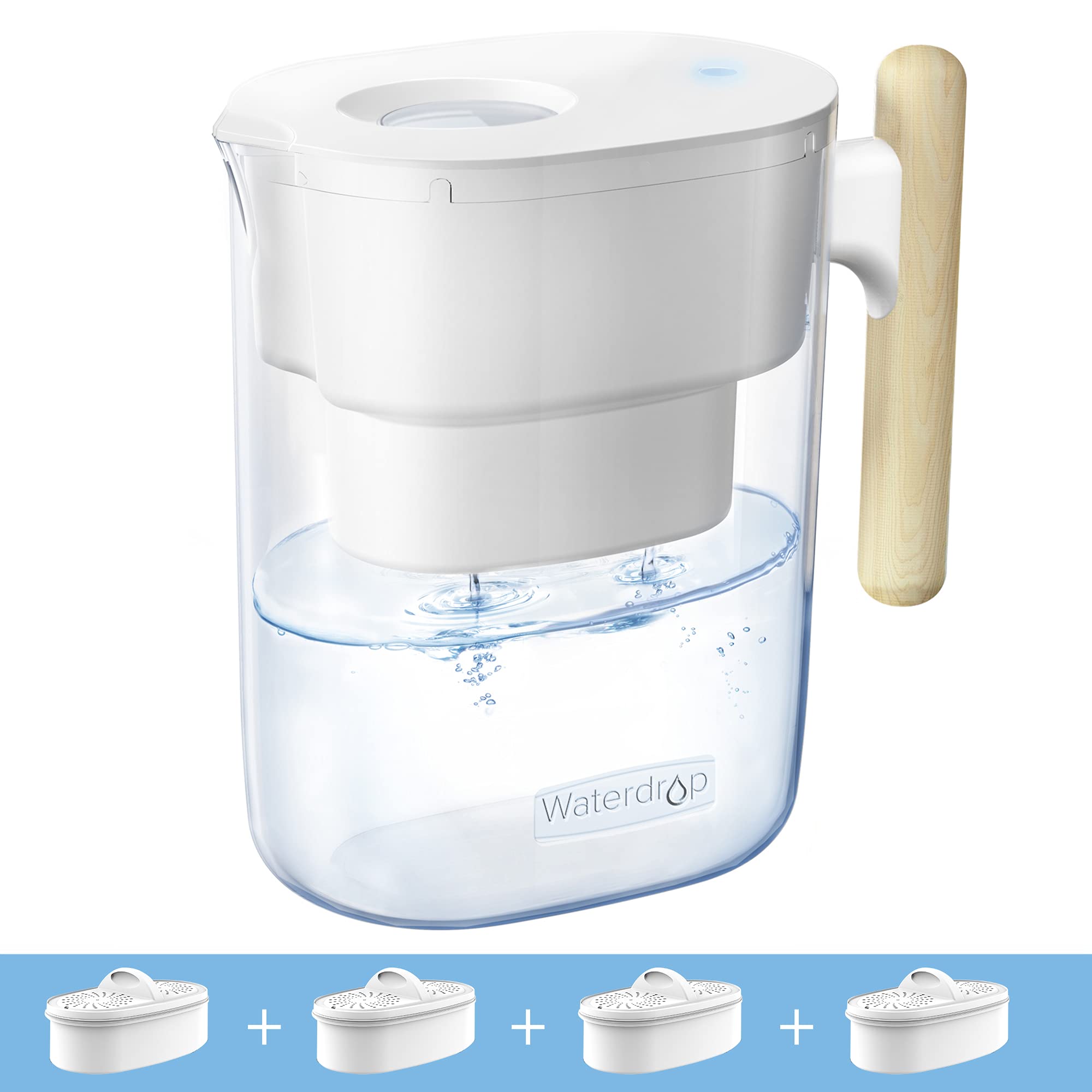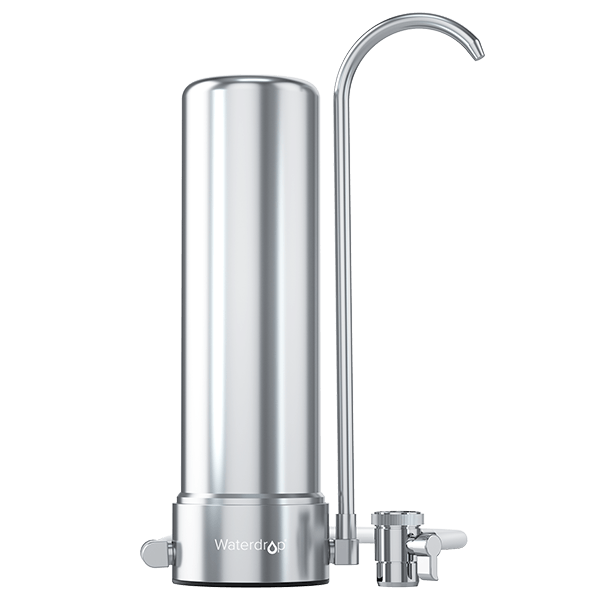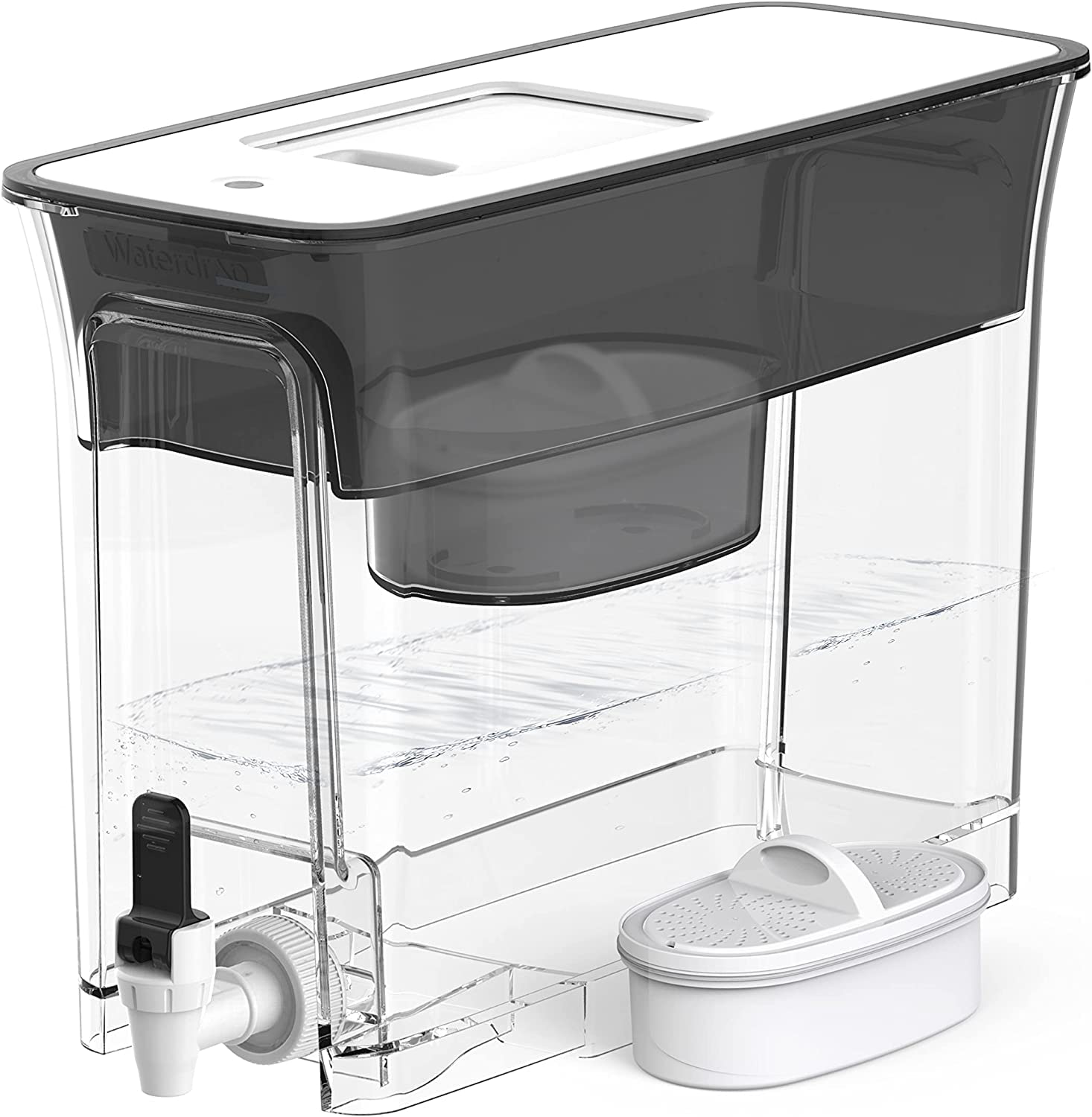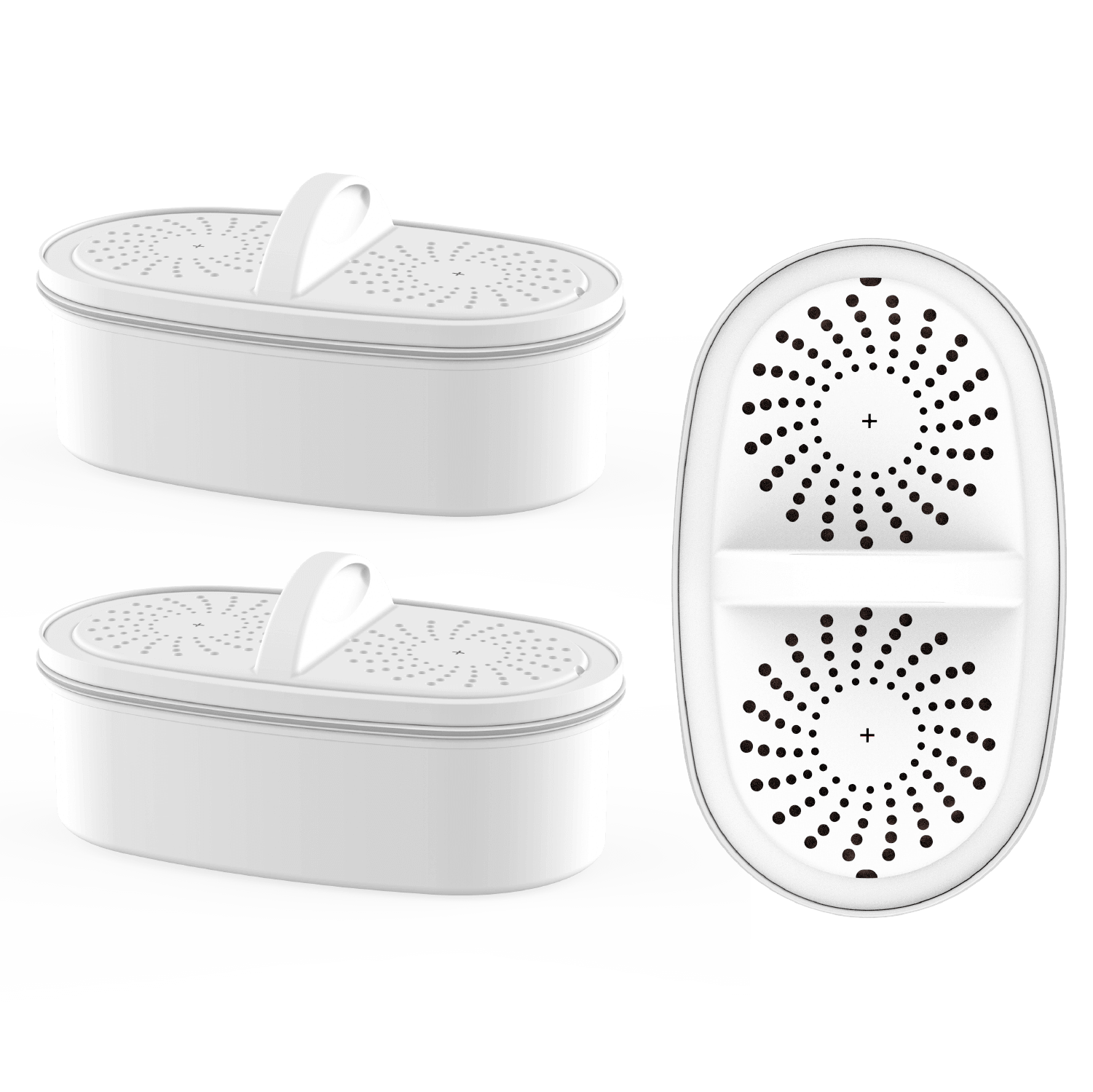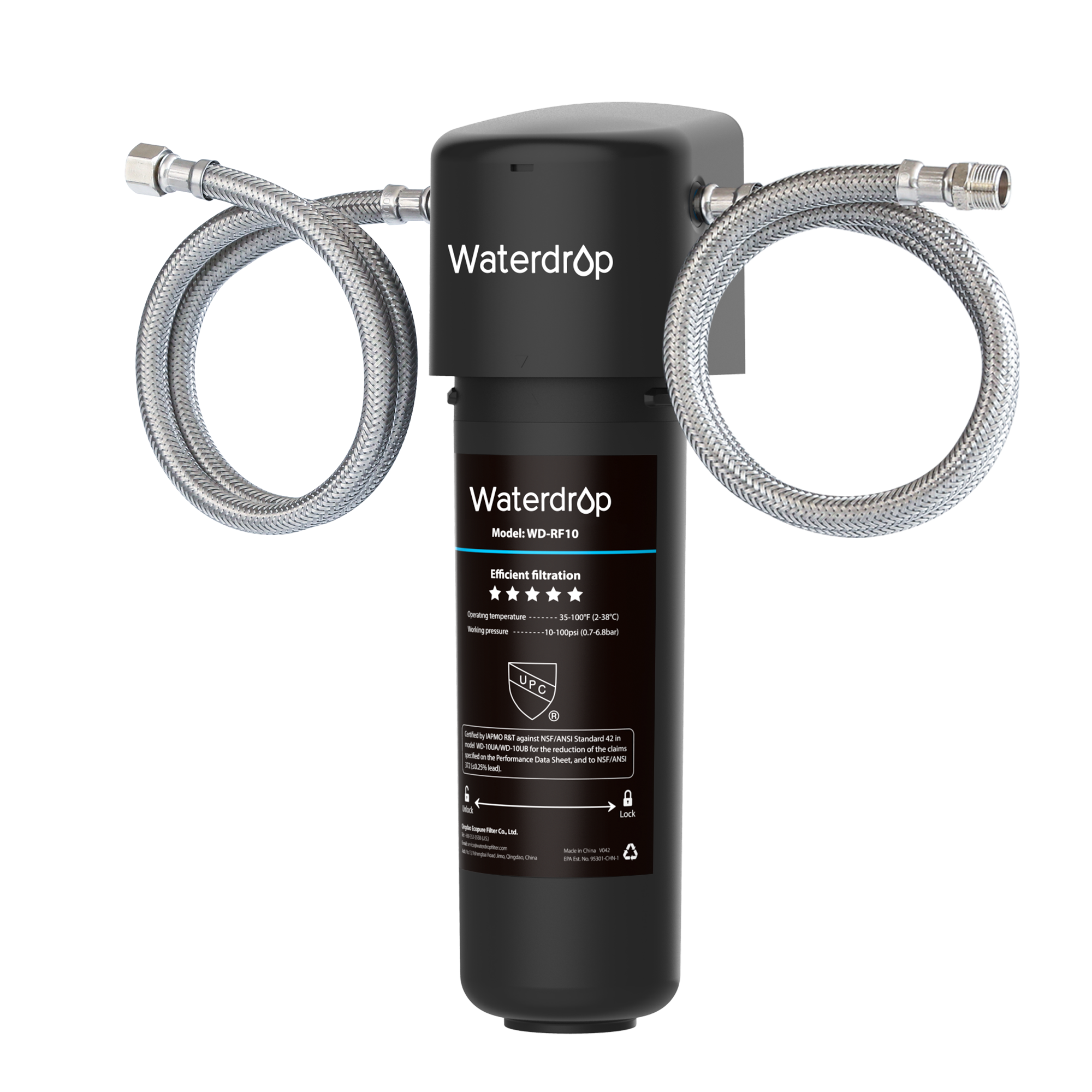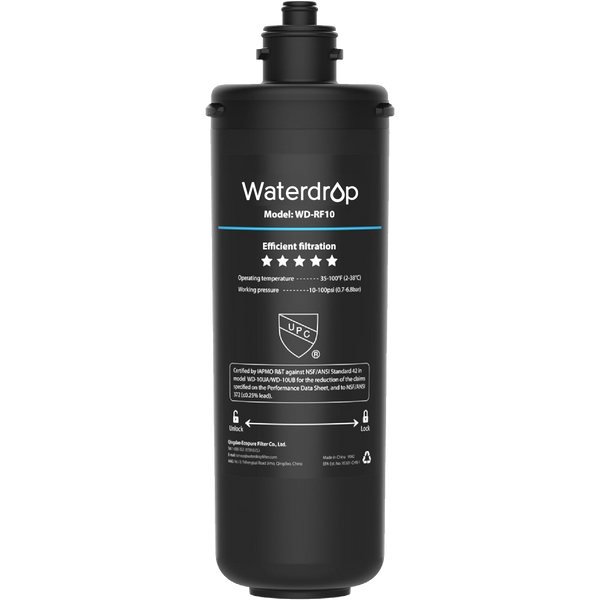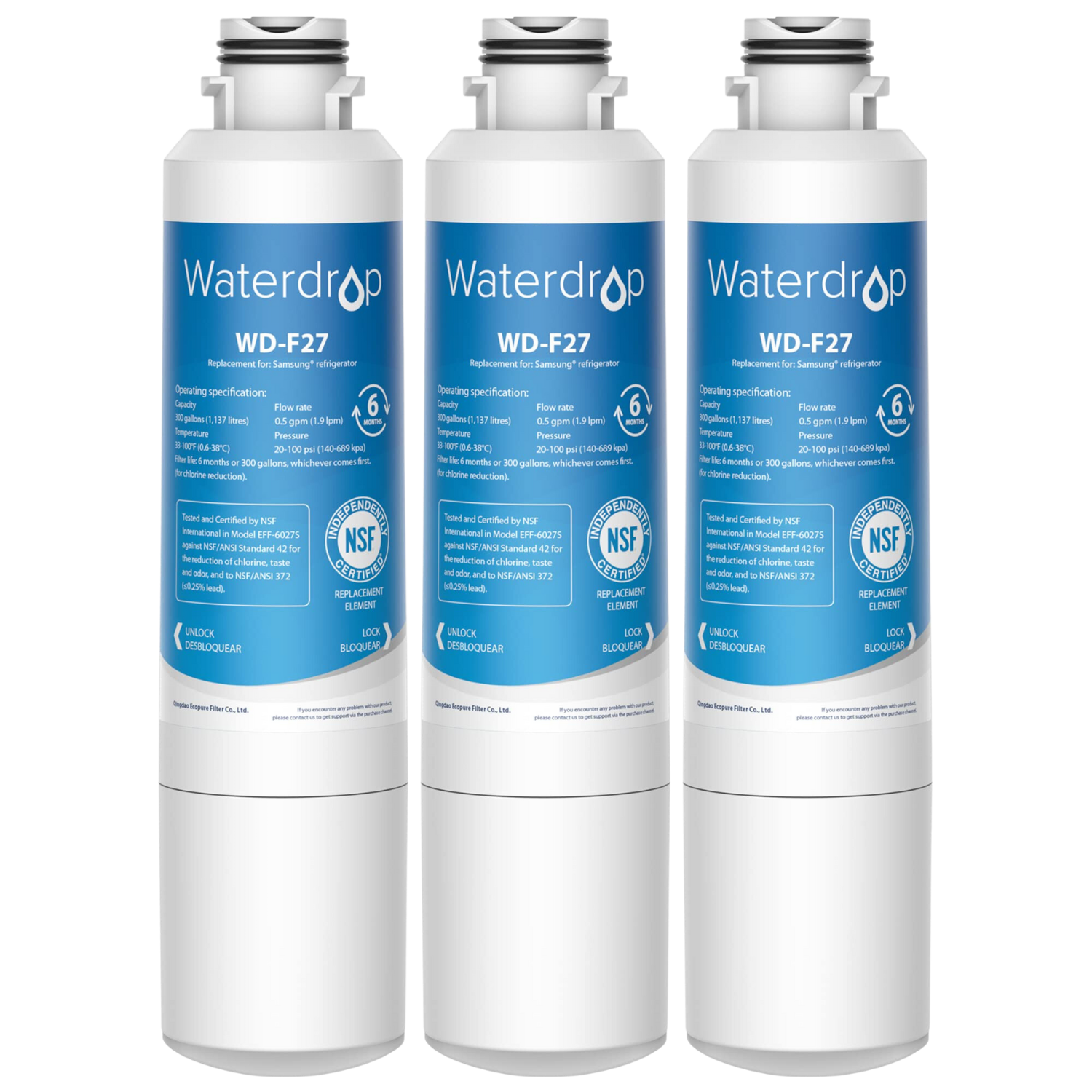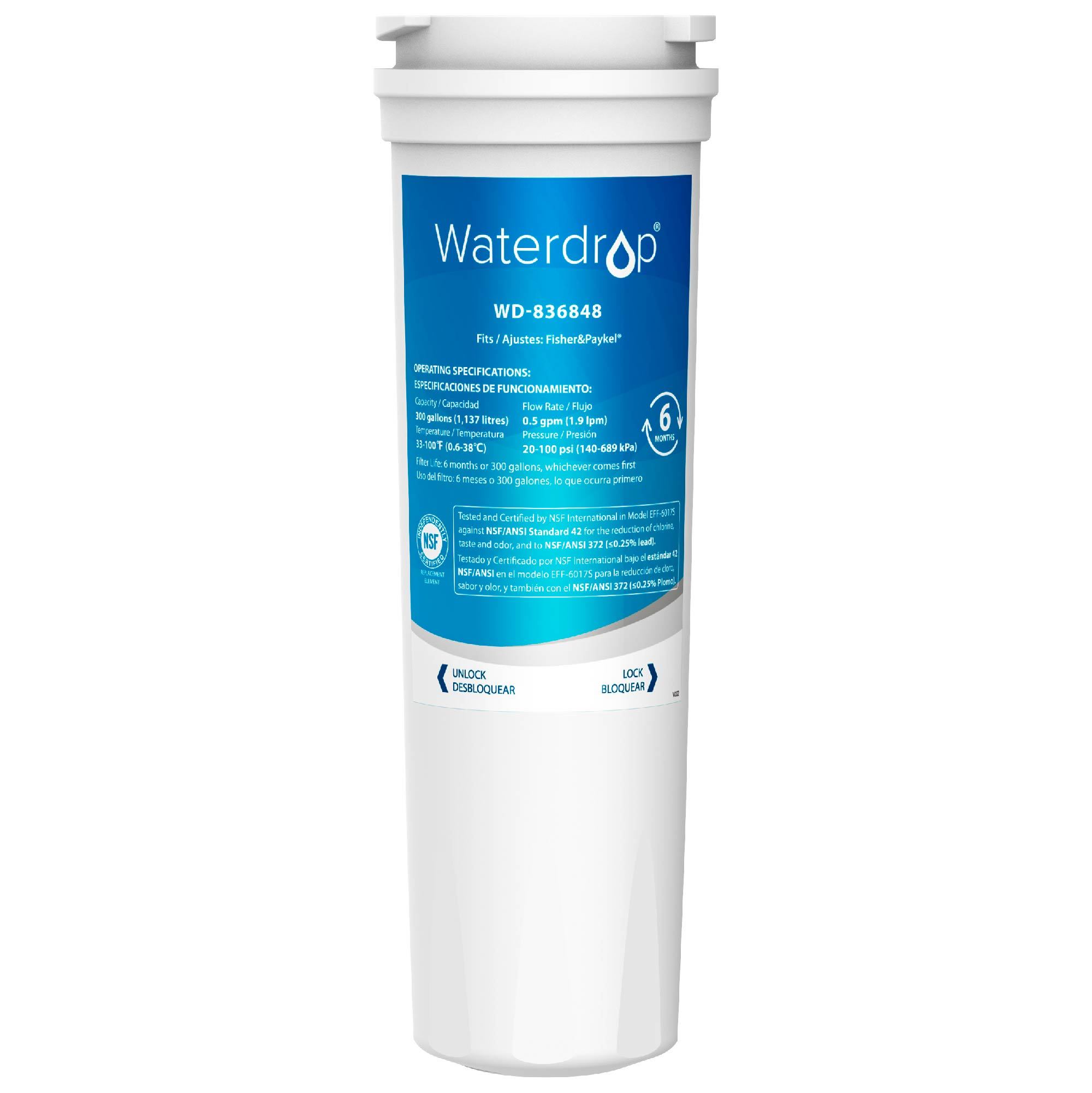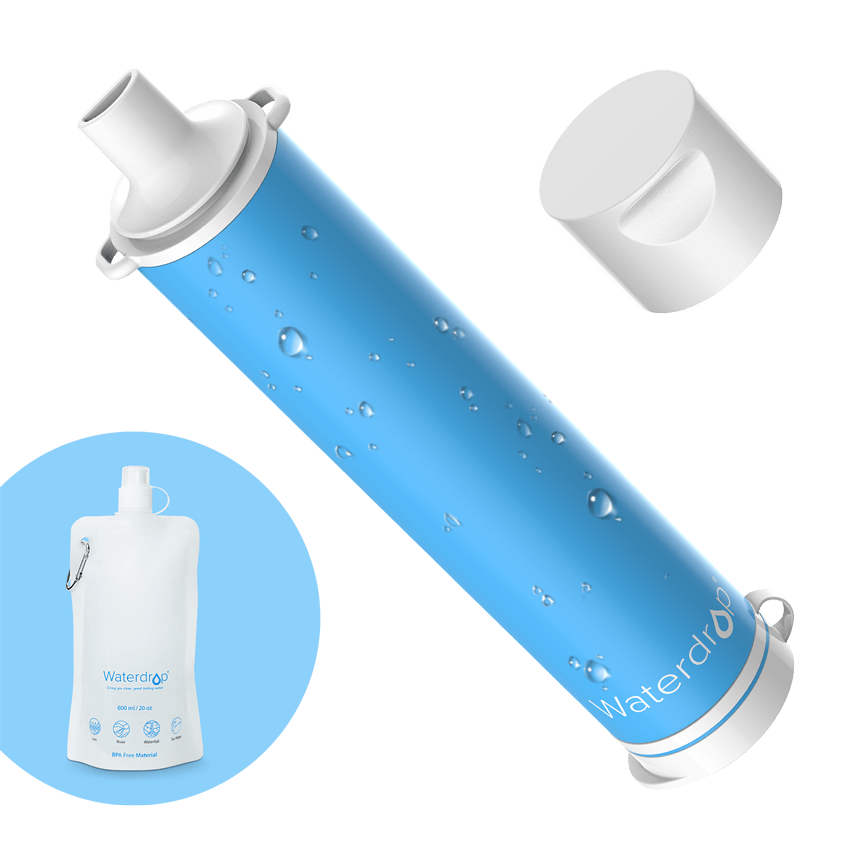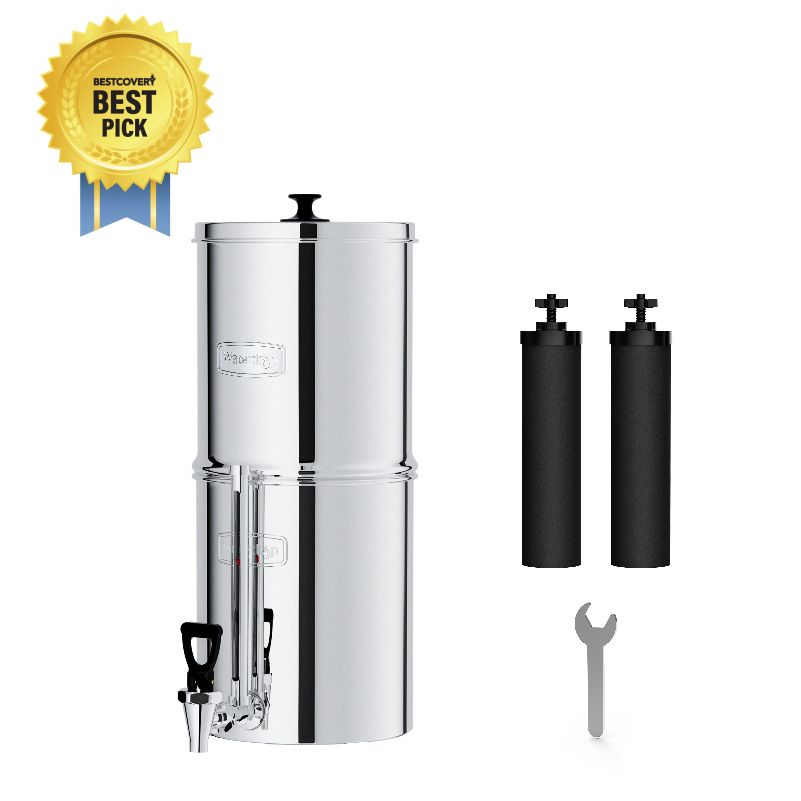The Importance of Cleaning Your Swimming Pool
by Dr. Jonathan Doyle - Updated July 29, 2021
Tokyo Bay's Smelly Swimming Situation
Recent heavy rainfall has led to a situation in Tokyo Bay concerning sewage leakage and runoff. With the Olympics in Tokyo well underway, there were rising concerns over the pool's putrid smell, in addition to various health concerns. Residents were already having to live with the issue of sewage runoff, however, Olympians were facing the possibly of swimming in water conditions contaminated with E. Coli.
Recognizing the Symptoms of an E. Coli Infection
Escherichia Coli, or E. Coli, is bacteria commonly found in the digestive system of mammals. Once infected, with a number of strains, the human body reacts with fever, vomiting, abdominal pains, and even diarrhea. Once the bacteria enters your system, it can take a full six to eight days for fully recover. While the symptoms are painful, and often unbearable, they are typically far from life threatening. In all actuality, it is common for E. Coli to be diagnosed improperly, simply due to the presence of feeling feverish or experiencing stomach pains.
Clear Symptoms of E. Coli
- Nausea
- Vomiting
- Sever Abdominal Pain
- Bloody Stools
- Watery Diarrhea
Is It Important to Keep Swimming Pools Clean?
The facts surrounding Tokyo Bay, and contaminated pool water, may have homeowners thinking about the cleanliness of their own pool. In other words, you may be wondering, should you get hard at work cleaning and scrubbing right away? It's not uncommon for pool owners to have cleaning agents on hand, but does this event call for a deep clean? One way to think about this, is to take a look at your shower and bathtub. Whenever you clean your bathroom, you probably utilize a type of cleaning agent – but does that single cleaning keep your tub clean forever? While soap is meant to clean your body, over time, it will begin to create soap scum and buildup.
As your shower continues to be used, the walls typically remain wet for some length of time, leading to possible mold growth. When it isn't cleaned on a regular basis, you will be exposing yourself to unsafe bathing conditions. Your pool is no exception. Bromine, chlorine, and other types of chemicals are what maintain clean pool water. Essentially, they also keep the floor and walls of your pool clean to a degree. When proper maintenance is not completed, algae growth may begin to take hold and become a problem. Just as chemicals are incapable of scooping leaves out of pool water, it is unable to keep the pool's walls and floor clean. Excess chemicals do not take the place of a thorough pool cleaning.
Negative Effects When a Pool Remains Uncleaned
-
Health Implications
Issues with your eyes, ears, skin, and even respiratory irritations may begin to arise when your pool is not properly maintained and cleaned. Essentially, once enough time passes, bacteria begins to build up and further contaminate the pool water and components. This is when eye infections, rashes, and wound infections may begin to worsen. Please don't hesitate to speak with your physician if you believe your pool is making you ill. -
Clogged Drainss
Aside from the concern over burning up your motor, clogged drains pose a problem for multiple reasons. A destroyed motor can mean an expensive replacement, but a clog can also create a breeding ground for bacteria. For this reason, as well as the aversion of unnecessary repairs, homeowners should check and clean pool drains regularly. -
Algae Growth
When you begin to notice a green tinge covering walls and floors of your pool, as well as components, you likely have the beginnings of an algae problem. When pools aren't cleaned and maintained regularly, algae is provided with an environment conducive to growth. Thankfully, there are a hand full of products available to reverse and eliminate an algae issue. However, scheduling a simple professional pool cleaning service will go great lengths in ensuring the algae is dealt with properly. Prevention is the best option when it comes to algae, so your best bet is to stop it before it ever begins.

It's Important to Maintain Your Pool Properly
Clean Your Water Filter
The overall health and longevity of your swimming pool is highly dependent upon clean pool filters. Most homeowners with the convenience of a pool realize this, and plan for it ahead of time. Keeping pool water free of debris such as leaves, bugs, and trash, will go great lengths in ensuring your pool is around for use for years to come – this is true for pool filters as well. However, regardless of how much you vacuum, skim, or brush your pool, dirty pool water is dirty pool water. A net is too large to clean pool water, which is where a sand filter, cartridge filter, or even a Diatomaceous Earth filter plays a big role.
Should a cartridge filter be your first choice, they provide your pool with easy maintenance, alongside sufficient effectiveness when paired with an appropriately sized pool. It's important to note, however, that cartridge filters tend to be more costly, expensive side, with a tank smaller than that utilized by a sand filter. Polyester filter media surrounds the internal plastic cylinder, which is capped on each end. Before it flows into the pool, water is pulled through the pleats within the polyester in order to capture debris larger than 10 microns.
This type of pool filter proves to be an efficient, affordable form of pool filtration against a number of various contaminants. The downside to a cartridge pool filter, is the level of physical work required, especially considering the cleaning that must be done. This is because cartridge filters don't provide a backwashing feature, therefore a hose may be used to spray away built up debris and dirt. Filter cleaner may also come in handy now and again, enabling pool owners to soak the cartridge filter with chemical filtration.
Troubleshooting Your Pool Filter
The key to proper pool filter operation is overall regular maintenance. This ensures your pool is up to par until the close of the season. Simply put, regular maintenance further prevents pool filters from struggling with common problems. When you do run into common issues, thankfully, there are many several solutions that are easy to complete.
-
Leaking Pool Filter
If you begin to notice drips coming from your filter, or even the formation o a small puddle underneath, it's likely that it has sprung a leak. A leaky filter will not lead to large amounts of water loss, however, it can grow into a large problem without maintenance or repair. Once you identify the source of the leak, make patches, and find additional holes to patch. A torn or worn O-ring is commonly the perpetrator of a leaky filter, which is remedied by a quick replacement. Simply order the replacement, ask a friend for a hand, and get the job done. Otherwise, professional pool services will assist you with the repair as needed. -
Struggling with Cycles
Filters running in short cycles can lead to problems with a low rate, regardless of whether your pool is currently in use. Basically, if the pump is too strong for your filter, the flow rate may lead to further issues. If the pool filter is not large enough for your overall pool size, there will be additional problems. This further highlights the importance of properly pairing your pool pump and filtration with your pool. Begin by running a backwash until the water runs clear. Additionally, check to see I algae or clogs are causing problems, and determine whether a replacement, or deep clean is necessary.


